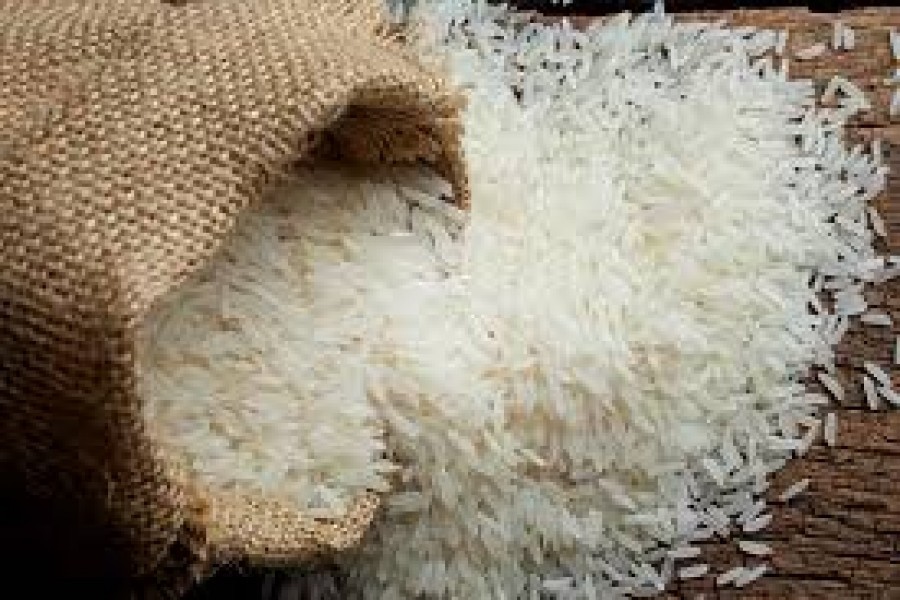About fifty per cent of the husking mills in the district were closed due to inability to compete with the auto rice mills in last several years.
As a result, a good number of husking-mill owners are shifting to another profession. Besides, more than 40,000 people who got employed under these husking mills have now been almost jobless.
District Food Control Office sources said, "A total of 1,200 rice mills are listed under eleven upazilas of the district. Among them, some 55 are auto rice mills and the rest 1,145 are manual husking mills."
"At present, 51 out of the 55 auto rice mills have contracts for sale of rice with the government warehouses while only 832 husking mills have contracts with the government warehouses in the district," the sources added.
Local sources said husking mills can only be operated eight to nine months in a year. Most of their functions are performed through manual labour. These mills have to produce rice by boiling paddy manually by labourers and drying them in the sun. Monsoon and other natural disasters hamper their production significantly.
On the contrary, the auto rice mills can produce rice round the year as they mostly function automatically. They can serve orders of the wholesalers in a short time with a limited number of workers, the sources added.
General Secretary of District Rice Mill Association Farhad Hossain said, "The main reason behind closure of the husking mills in the area is introduction and popularity of auto rice mills. Other reasons include higher interest rate against bank loan, excessive imports of rice, establishment of extra rice mills beyond necessity, low allocation of rice from government warehouses and delayed payments by the wholesalers."
"Most of the husking mill owners are dependent on government and non-government bank loans to operate the mills and many have almost been bankrupts to run the mills. At least fifty per cent husking mills in the district have stopped functioning to date following these reasons," he added.
One Mohammad Ali, owner of MS. Mohammad Ali and Sons Rice Mill of the Bhimpur area of Naogaon sadar upazila said, "I set up my husking mill 15 years ago taking loan of Tk. 2 million from a non-government bank at a interest rate of 18 per cent. "
"I was forced to close my mill five years back due to excessive loss. Later, I had to repay the unpaid loan selling 50 decimals of my land," he added.
Proprietor of MS. Ruzifa Rice Mill Mostafizur Rahman said, "Once we made handsome profit from our mills, but now the scenario has totally changed. Now, neither we get enough orders from the government food department, nor we receive timely payment from the wholesalers. I incurred huge losses in consecutive five to six years."
"I have been trying to recoup the losses by turning my husking mill into a rickshaw-van garage for the last few years," Mr Rahman added.
Firoza Begum, Razia and Kohinur of the Hapania area under sadar upazila said, "We used to work at different husking mills in the district. Nowadays the husking mill owners can't pay the workers regularly and many of them have already closed the mills after incurring loss."
"As a result, a good number of our companions have left the profession and now they are working as day labourers, rickshaw pullers or garment workers. Many of them still remain unemployed," they added.
District Food Controller (Acting) Alamgir Kabir said, "The husking meals are usually low-paced and unable to meet the production target in a short time. Consequently, these mills get lower allocation from government warehouses than that of the auto rice mills."


